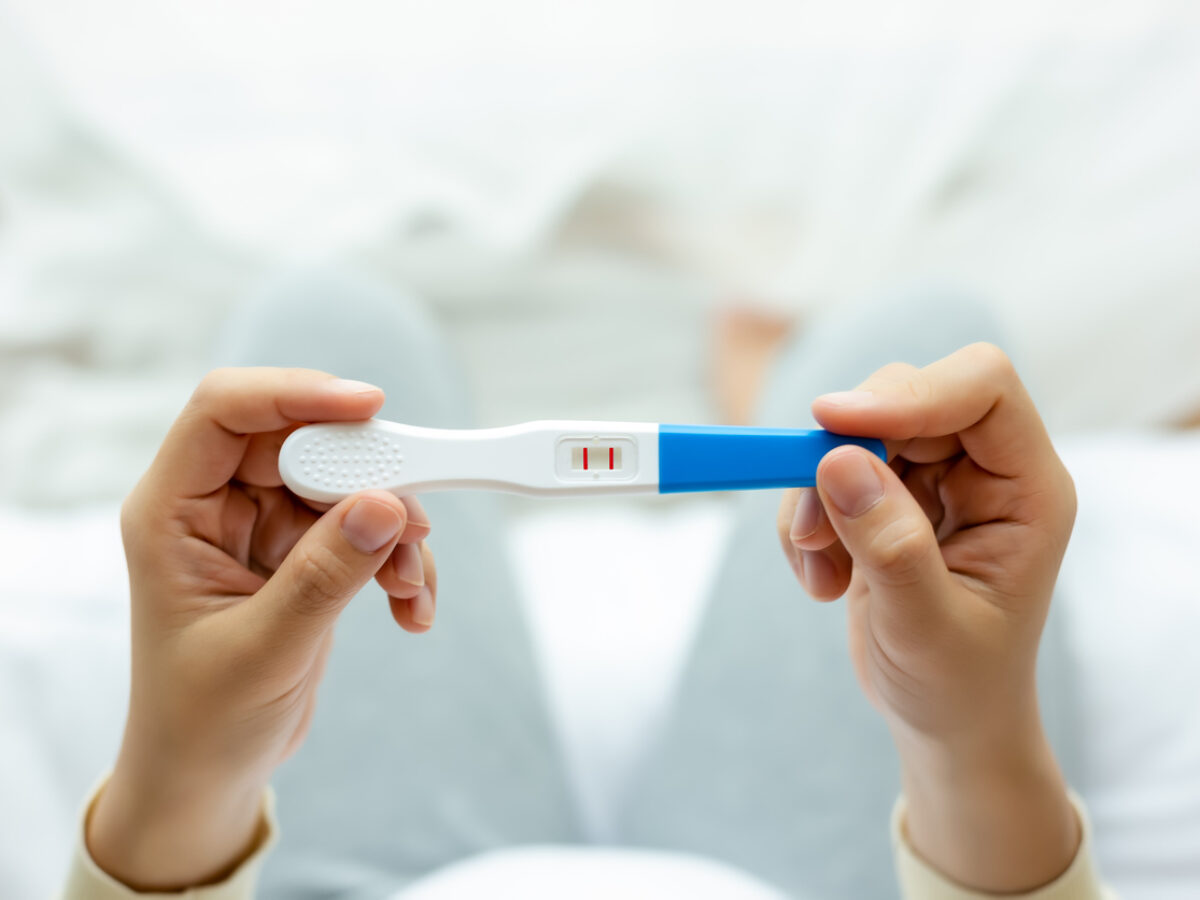
Pregnancy Test Reliability in PCOS: Understanding the Challenges and Considerations
Polycystic ovary syndrome (PCOS) is a common hormonal disorder that affects women of reproductive age. It is characterized by irregular menstrual cycles, ovulation problems, and the presence of cysts on the ovaries. Due to these hormonal imbalances, women with PCOS may experience difficulties in conceiving and maintaining a pregnancy.
One of the challenges faced by women with PCOS is the reliability of pregnancy tests. Pregnancy tests detect the presence of human chorionic gonadotropin (hCG), a hormone produced by the placenta after implantation. However, hormonal imbalances associated with PCOS can interfere with hCG production and affect the accuracy of pregnancy tests.
Factors Affecting Pregnancy Test Reliability in PCOS
Several factors can influence the reliability of pregnancy tests in women with PCOS:
-
Irregular Menstrual Cycles: PCOS often causes irregular menstrual cycles, making it difficult to determine the exact time of ovulation. This can lead to confusion when interpreting pregnancy test results.
-
Ovulation Problems: PCOS can impair ovulation, reducing the chances of conception. If ovulation does not occur, hCG levels will not rise, and pregnancy tests may remain negative even if a woman is pregnant.
-
Elevated Progesterone Levels: Women with PCOS may have elevated progesterone levels, which can interfere with hCG production. This can lead to false-negative pregnancy test results.
-
Insulin Resistance: Insulin resistance, a common feature of PCOS, can affect hCG production and metabolism. This can result in lower hCG levels and potentially false-negative pregnancy test results.
Types of Pregnancy Tests and Their Reliability
There are two main types of pregnancy tests:
-
Urine Pregnancy Tests: These tests are widely available and can be performed at home. They detect hCG in urine samples. However, urine pregnancy tests may be less reliable in women with PCOS due to the hormonal imbalances mentioned above.
-
Blood Pregnancy Tests: Blood pregnancy tests measure hCG levels in the blood. They are more sensitive and accurate than urine pregnancy tests and can detect hCG earlier in pregnancy. Blood pregnancy tests are typically performed in a laboratory or doctor’s office.
Interpreting Pregnancy Test Results in PCOS
Interpreting pregnancy test results in women with PCOS requires careful consideration. Here are some guidelines:
-
False Negatives: If a urine pregnancy test is negative, but there is a strong suspicion of pregnancy, a blood pregnancy test should be performed to confirm the results.
-
False Positives: False-positive pregnancy test results are less common in women with PCOS. However, certain medications, such as fertility drugs, can interfere with pregnancy test results.
-
Early Pregnancy: If a pregnancy test is positive, but the menstrual period is late by only a few days, it is possible that the pregnancy is still in its early stages. In this case, it is advisable to repeat the test in a few days to confirm the results.
When to Seek Medical Advice
If you have PCOS and are experiencing any of the following, it is important to seek medical advice:
- Irregular menstrual cycles or difficulty conceiving
- Positive or negative pregnancy test results that are confusing or inconclusive
- Symptoms of pregnancy, such as nausea, breast tenderness, or fatigue
Conclusion
Pregnancy test reliability in women with PCOS can be affected by hormonal imbalances and other factors associated with the condition. It is important to be aware of these challenges and to interpret pregnancy test results carefully. If there is any uncertainty or concern, a healthcare professional should be consulted for further evaluation and guidance.